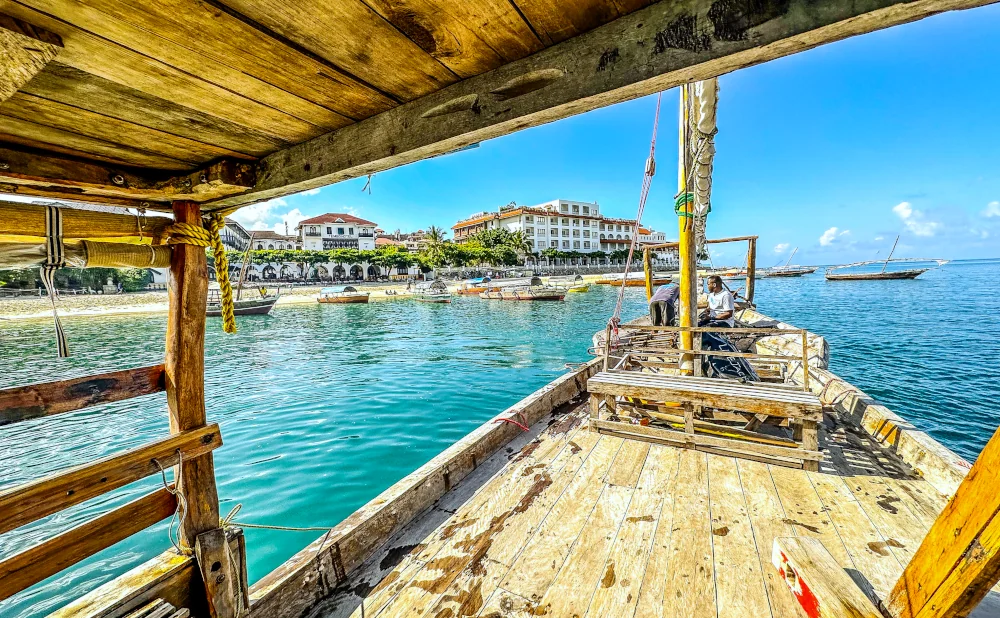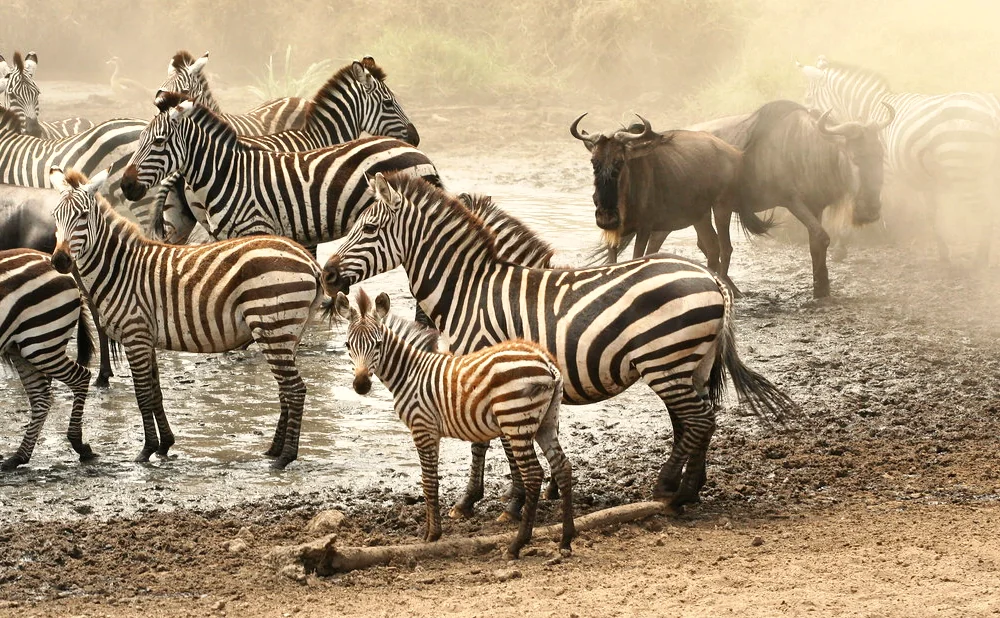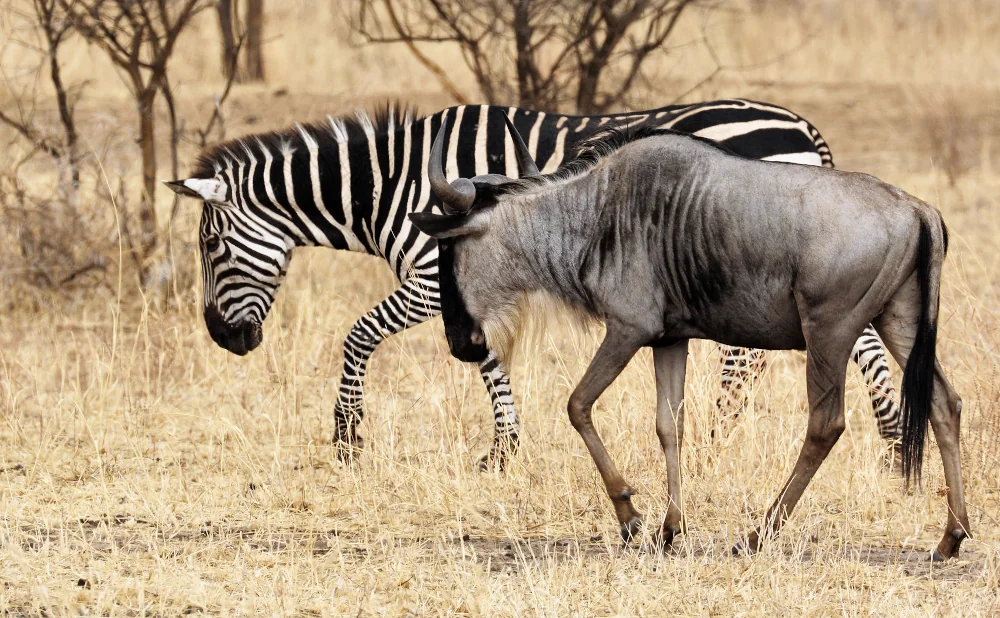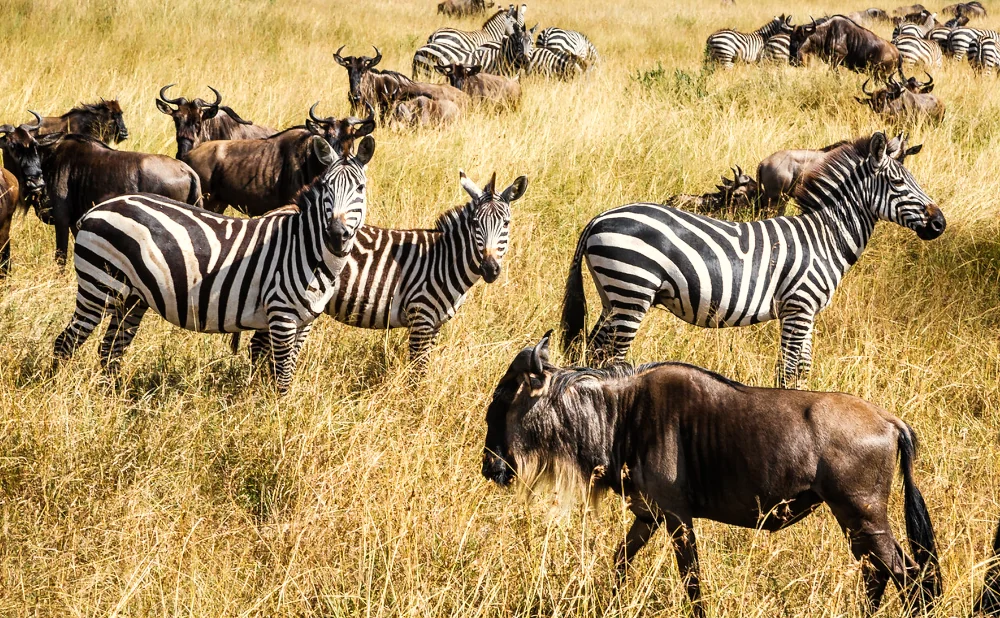Essential Tips for Climbing Kilimanjaro
Climbing Kilimanjaro is a dream for many adventure enthusiasts. It's a journey that tests both physical endurance and mental resilience.
However, reaching the summit of Africa's highest peak requires careful planning and preparation. From choosing the right tour company to understanding the importance of acclimatization, every detail matters.
In this guide, we'll share essential tips for climbing Kilimanjaro. Whether you're a seasoned trekker or a first-time climber, these insights will help you navigate the challenges of this epic adventure.
Preparing for Your Kilimanjaro Adventure
The first step in your Kilimanjaro journey is thorough preparation. This includes understanding the best time to climb, selecting the right route, and finding a reputable tour company.
Each of these factors plays a crucial role in your overall experience. They can significantly impact your chances of reaching the summit successfully.
Choosing the Right Time to Climb
The best time to climb Kilimanjaro is during the dry seasons. These are from January to mid-March and June to October.
Climbing during these periods increases your chances of clear weather. It also provides better trail conditions, enhancing your overall trekking experience.
Selecting the Best Route for You
Kilimanjaro has several routes, each with its unique features. Factors like difficulty level, duration, and scenery vary across these routes.
Choose a route that aligns with your fitness level and time constraints. Remember, longer routes offer better acclimatization, increasing your chances of reaching the summit.
Finding the Best Tour Company
Selecting a reputable tour company is crucial for a safe and enjoyable climb. Look for companies with excellent safety records, positive client testimonials, and a commitment to ethical practices.
Remember, your tour company will guide you through this challenging journey. Make sure they have the experience and expertise to do so effectively.
Physical and Mental Preparation
Climbing Kilimanjaro is a physically demanding endeavor. It requires a good level of fitness to endure the long trek and high altitude. But it's not just about physical strength. Mental preparation is equally important for a successful climb.
Training for the Trek
Start your physical preparation months before your climb. Focus on cardiovascular exercises, strength training, and endurance workouts.
Hiking in your local area can also be beneficial. It helps you get used to long walks while carrying a backpack.
Acclimatization and Altitude Sickness
Acclimatization is key to preventing altitude sickness. Choose a route that allows gradual ascent and provides time for your body to adjust to the altitude.
Recognize the symptoms of altitude sickness. These include headache, nausea, and fatigue. If you experience these, inform your guide immediately.
The Importance of a Positive Mindset
Mental preparation is as crucial as physical readiness. Climbing Kilimanjaro is a test of endurance and willpower.
Maintain a positive mindset throughout the climb. Remember, it's not a race. Embrace the journey and enjoy the experience.
Essential Gear and Packing Tips
Packing the right gear is crucial for your Kilimanjaro adventure. The mountain's diverse climate zones require you to be prepared for all weather conditions.
Your gear should be lightweight yet durable. It should keep you warm, dry, and comfortable throughout the climb.
Clothing and Footwear
Layering is the key to dressing for Kilimanjaro. Pack thermal base layers, a fleece jacket, and a waterproof outer layer.
Invest in a good pair of hiking boots. They should be comfortable, waterproof, and broken in before the climb.
Day Pack Essentials
Your day pack should contain essentials like water, snacks, sunscreen, and a first aid kit.
Also include a headlamp, spare batteries, and your camera. These items will be handy during the trek.
On the Mountain: Health, Safety, and Etiquette
Climbing Kilimanjaro is a thrilling adventure. However, it also presents health and safety challenges.
Understanding these challenges is crucial. It ensures a safe and enjoyable climb.
Respecting the mountain and local culture is also important. It contributes to a positive climbing experience.
Dealing with Health Issues
Altitude sickness is a common health issue on Kilimanjaro. Recognizing its symptoms early is key.
Stay hydrated and maintain a slow pace. This can help manage altitude sickness.
Safety and Emergency Procedures
Your tour company should brief you on safety procedures. These include emergency evacuation plans.
Always follow your guide's instructions. They are trained to ensure your safety.
Respecting the Mountain and Local Culture
Respect the mountain by following a "leave no trace" policy. This helps preserve Kilimanjaro's natural beauty.
Also, respect the local culture. Learn a few Swahili phrases and understand local customs.
After the Climb: Reflection and Recovery
Reaching the summit of Kilimanjaro is a remarkable achievement. It's a journey of self-discovery and personal growth.
Take time to reflect on your experience. It's an integral part of the adventure.
Reflecting on Your Journey
Reflecting on your journey helps you appreciate your accomplishment. It's a chance to relive the challenges and triumphs of your climb.
Post-Climb Recovery and Next Steps
After the climb, your body needs time to recover. Rest, hydrate, and nourish your body.
Consider extending your stay in Tanzania. A safari or beach holiday can be a great way to relax and celebrate your achievement.
Climbing Kilimanjaro is a life-changing experience. With the right preparation, mindset, and respect for the mountain, you can conquer this challenge. Remember, every step of the journey is part of the adventure. Embrace it, and Kilimanjaro will reward you with memories to last a lifetime.











